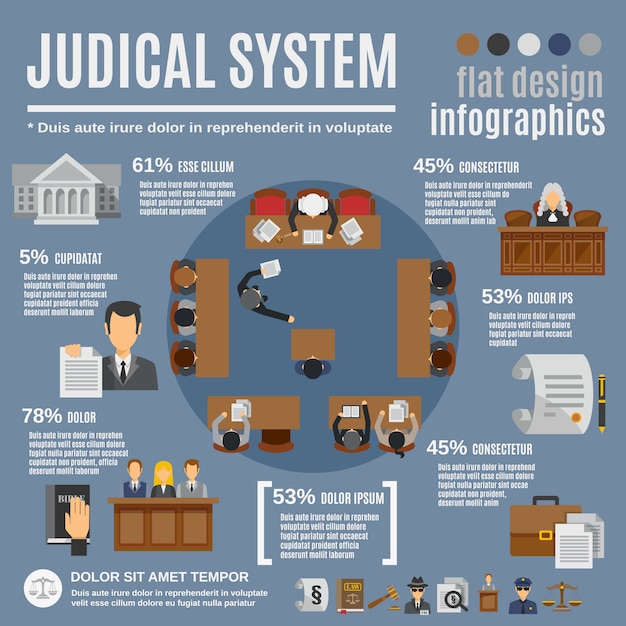Introducing The Psychology Of White Collar Criminals: Behind The Curtains
Introducing The Psychology Of White Collar Criminals: Behind The Curtains
Blog Article
how to find criminal defense attorney Produced By-Herndon Putnam
Did you know that behind the sleek appearance of clerical bad guys lies a complicated internet of emotional inspirations? While many might presume that these people are driven solely by greed, the fact is much more fascinating.
Exploring the minds of white collar bad guys exposes a fascinating blend of characteristic, social aspects, and concealed desires that add to their immoral actions. Understanding the psychology behind these criminal offenses not only clarifies the inspirations behind them, but additionally increases extensive questions regarding our own susceptability to temptation.
So, what makes these people tick? Join us as we discover the exciting world of clerical lawbreakers and uncover the elaborate workings of their minds.
Motivations for Clerical Crimes
Clerical offenders are motivated by various aspects that drive them to take part in prohibited tasks for personal gain.
One of the key motivations for these individuals is monetary greed. They agree to damage the regulation in order to accumulate riches and keep an extravagant way of life.
The wish for power and condition is one more considerable motivator for clerical bad guys. They think that engaging in prohibited activities will certainly elevate their social standing and provide a sense of prominence and control.
In addition, some white collar bad guys are motivated by a feeling of entitlement. They believe that they are worthy of more than what they have actually and agree to go across ethical boundaries to achieve their preferred level of success.
Inevitably, these inspirations contribute to the high occurrence of white collar crimes in society.
Psychological Characteristics of Clerical Criminals
As we discover the psychological attributes of individuals associated with white collar criminal activities, it comes to be obvious that their motivations for participating in unlawful activities are deeply intertwined with their individuality characteristics and attitude.
Clerical bad guys frequently display particular mental attributes that add to their involvement in deceitful or dishonest actions. One such quality is an enhanced sense of privilege. These individuals usually think that they should have greater than what they have, leading them to engage in prohibited activities to get wealth or status.
In addition, clerical wrongdoers often tend to have a high degree of narcissism. They have a filled with air feeling of self-importance, lack empathy for others, and are driven by a desire for appreciation and acknowledgment.
Lastly, they often show a tendency for risk-taking, as they think they can outsmart the system and prevent discovery.
Understanding these mental attributes can provide beneficial insights right into the state of mind of clerical crooks and assist in the development of effective avoidance and intervention approaches.
Societal Influence of White Collar Crimes
The influence of white collar crimes on culture is far-reaching and multifaceted. These criminal offenses have considerable consequences that expand beyond the individuals straight entailed. Here are four methods which clerical crimes impact culture:
- ** Economic damages **: Clerical criminal offenses can result in economic losses for individuals, companies, and even whole economies. These criminal activities can interfere with markets, weaken financier confidence, and cause task losses.
- ** Depend on erosion **: Clerical criminal activities erode trust in institutions and people. When individuals witness high-level professionals participating in prohibited activities, it lessens their confidence in the system and can result in a general uncertainty towards authority.
- ** Social inequality **: White collar crimes commonly target at risk individuals or neighborhoods, intensifying existing social inequalities. These criminal activities can widen the space between the abundant and the poor and bolster systemic injustice.
- ** Legal and regulative changes **: Clerical criminal activities motivate the implementation of more stringent regulations and policies. Culture typically replies to these crimes by establishing actions to avoid comparable cases in the future, guaranteeing higher liability and openness.
The societal impact of white collar criminal offenses can not be taken too lightly, as it impacts individuals, communities, and the general fabric of culture.
simply click the next site , the psychology behind white collar wrongdoers reveals a complicated internet of motivations and characteristics. These individuals are driven by greed, power, and a feeling of entitlement, which can have far-ranging consequences for culture.
It is necessary to remember that not all criminal activities are devoted by those we may traditionally associate with criminal habits. As the claiming goes, 'the wolf in sheep's clothes,' reminds us to continue to be cautious and question truth objectives of those around us.
